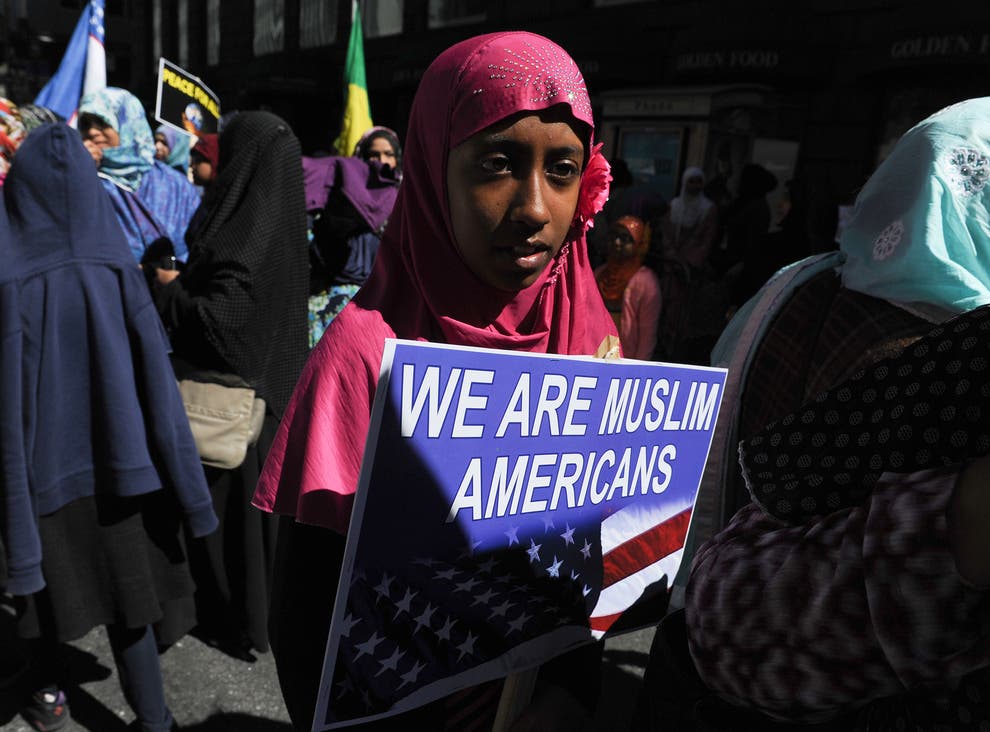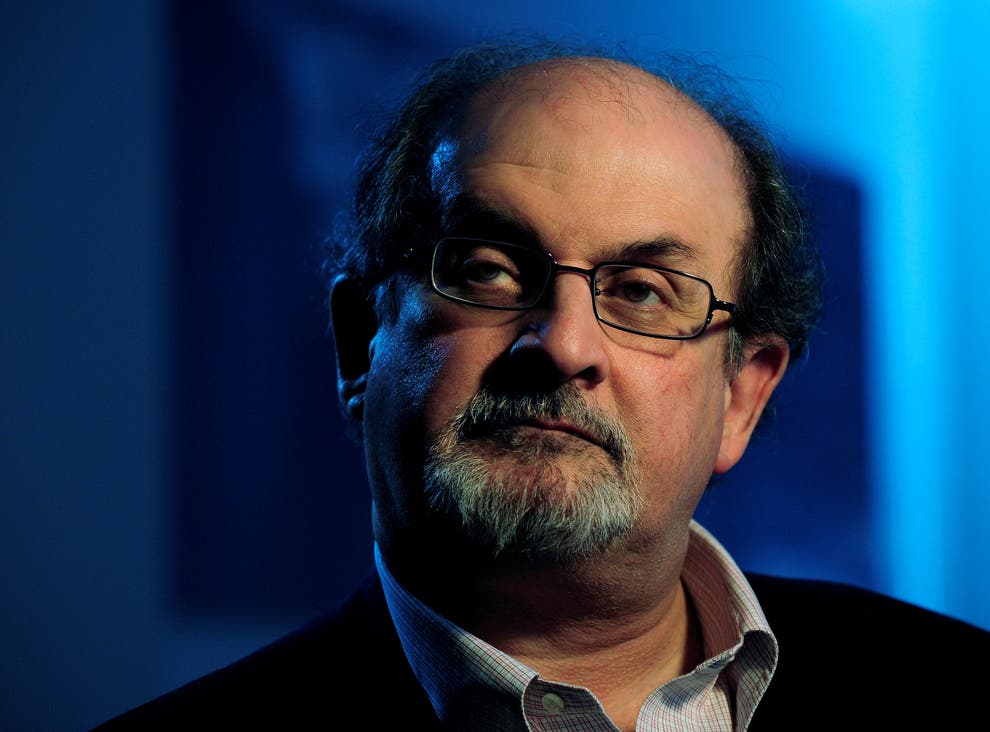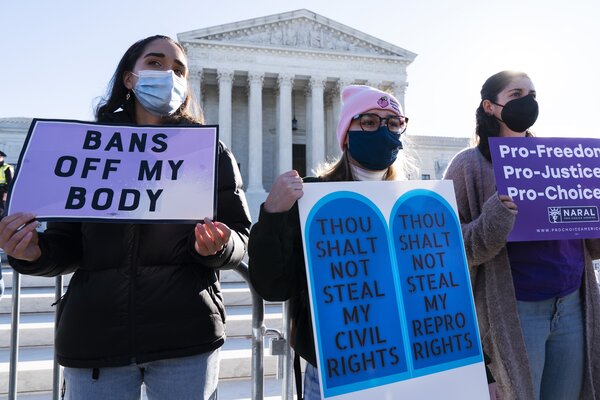April 20, 2014
Ayaan Hirsi Ali lost an honorary degree from Brandeis for articulating the same twisted thinking as Dick Cheney
It’s been over a week since students at Brandeis compelled their university to refuse Ayaan Hirsi Ali an honorary degree, and the blogosphere is still roiling with grievance. Kirsten Powers laments Islam’s preferential treatment in USA Today. Mark Steyn notes the incident, as part of a eulogy to free speech in this weekend’s Spectator. Bill Kristol, John Podhoretz, Andrew Sullivan and Ross Douthat have all registered their disgust at this assault on a free and open discourse. Zev Chaffets at Fox News.com describes the incident as an “honor killing.”
The Change.org petition that cost Ali her honorary degree acknowledges the legitimacy of her grievances with Islam, but condemns the “hate speech” through which she expresses them. The petition quotes her as saying:
Violence is inherent in Islam – it’s a destructive, nihilistic cult of death. It legitimates murder … the battle against terrorism will ultimately be lost unless we realize that it’s not just with extremist elements within Islam, but the ideology of Islam itself …
Ali told Reason magazine in 2007, “There are Muslims who are passive, who don’t all follow the rules of Islam, but there’s really only one Islam, defined as submission to the will of God. There’s nothing moderate about it.”
Curiously, not one of the pieces protesting Brandeis’ decision actually quotes Ali’s past rhetoric. Instead, they refer obliquely to her “stinging attacks on non-Western religions,” “provocative ideas” or, most opaquely, her “life and thought.” The simplest explanation for this chronic omission is that to actually engage with Ali’s rhetoric would be to expose the absurdity of the Judeo-Christian persecution complex that informs so much of the genre.
The backlash the students of Brandeis have incurred for asserting that Islamaphobia is in fact bigotry, reflects precisely what makes Ali’s rhetoric so dangerous. Far from being a fringe position in our discourse, the idea that Islam is a uniquely malevolent ideology is the necessary fiction behind the war on terror.
To be clear: Fundamentalist religion is a scourge. And without question, fundamentalist Islam enjoys more political salience in many countries across the Middle East, than fundamentalist Christianity does in American politics (though the influence of the latter is considerable). What is fictitious in Ali’s rhetoric, and in the logic of our public policy, is the notion that Islam is uniquely susceptible to violent interpretation, and therefore all Muslims are inherently suspect.






